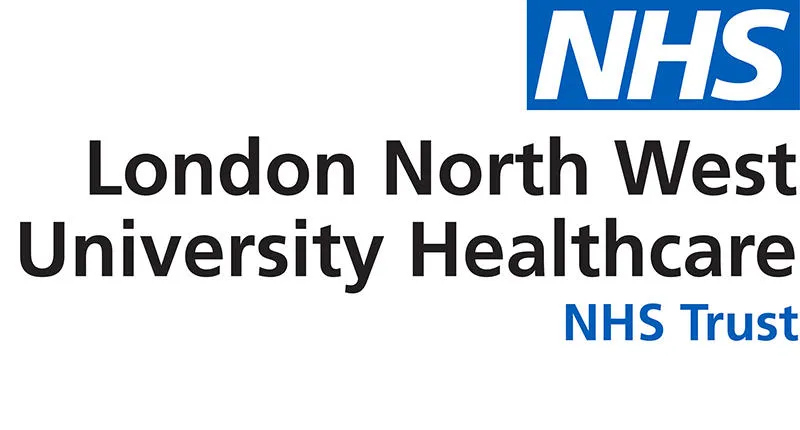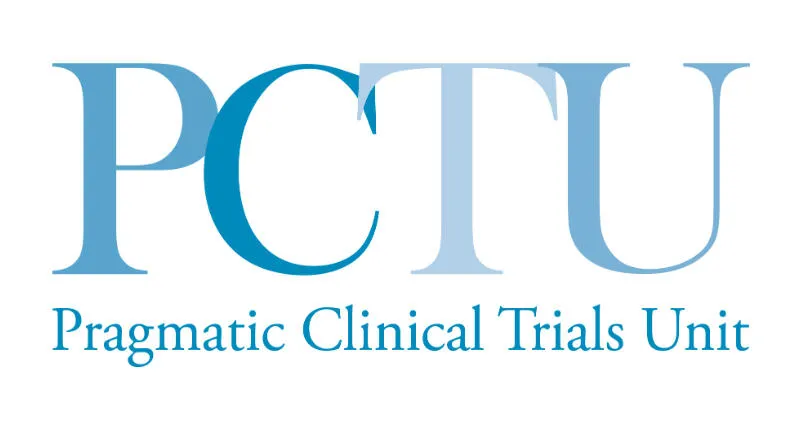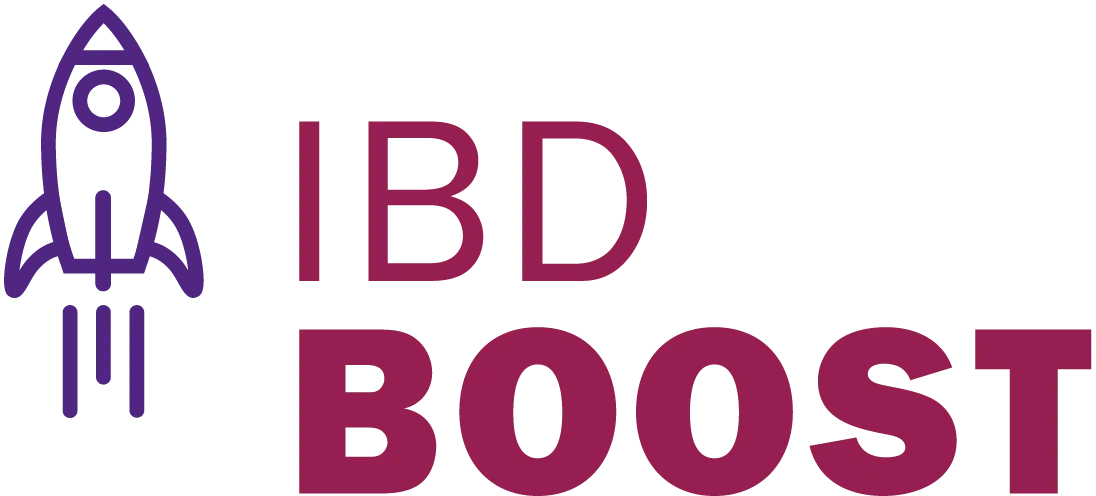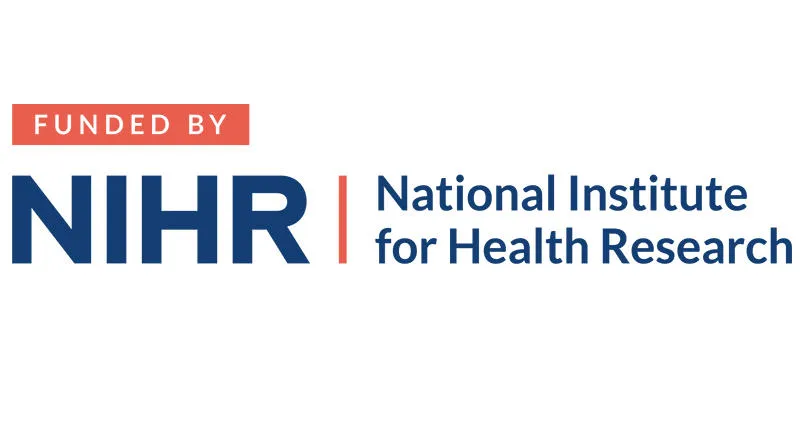Fatigue, pain and urgency are a huge burden for many people living with inflammatory bowel disease and can persist even when in remission. IBD-BOOST aimed to develop and evaluate ways to improve the well-being of people who experience them.
Inflammatory Bowel Disease (IBD) affects over 500,000 people in the UK, causing unpredictable bouts of gut inflammation, with acute illness, diarrhoea, and pain. There is no current cure for IBD, which usually starts in childhood or as a young adult. IBD research has mostly focused on controlling inflammation. However, many people report continuing IBD-related fatigue, abdominal pain and urgency (urgent need to use the toilet) and incontinence when in remission. These symptoms limit peoples’ quality of life and ability to work and socialise.
Our research programme focused on the development and evaluation of management interventions to improve the well-being of people with IBD by relieving these most common and troublesome chronic symptoms and enhancing quality of life.
Funding
This programme was funded by the National Institute for Health and Care Research (NIHR) under its Programme Grants for Applied Research (PGfAR) Programme (Grant Reference Number NIHR RP-PG-0216-20001) and will be published in the NIHR Journal. The views expressed are those of the authors and not necessarily those of the NIHR or the Department of Health and Social Care.

Chief Investigator, Professor Christine Norton
The IBD-BOOST Programme is led by Christine Norton, Professor of Nursing in the Florence Nightingale Faculty of Nursing, Midwifery & Palliative Care at King's. The programme co-investigators include academics, clinicians, people living with IBD and members of Crohn’s and Colitis UK.
Project summary
Our IBD-BOOST research programme addresses the common problems of fatigue, pain and urgent need for a toilet in inflammatory bowel disease (IBD). We worked closely with people with IBD throughout our research.
In interviews people told us that they wanted to try online self-management and to avoid more clinic appointments. IBD nurses told us they wanted to help but had limited time.
We conducted a survey in 8486 people with IBD. Over half reported experiencing bowel incontinence in the past week, one in four fatigue and one in five reported pain. Nearly one in 3 (29%) “definitely” wanted help for all three symptoms. There is a large unmet need for help with fatigue, pain and incontinence.
We also developed a checklist and a flow chart to help IBD nurses manage these symptoms (IBD-BOOST Optimise). For two in five patients (43%) a test or intervention was indicated that might improve symptoms. Optimise was easy to use.
We designed a 12-session online supported self-management programme (IBD-BOOST) that people could follow at home, with one phone call from a “facilitator” and online messaging. We recruited and randomly allocated (e.g. tossing a coin) 391 people to try IBD-BOOST and 389 who had their usual care. After 6 and 12 months, IBD quality of life, rating of symptom relief, fatigue and pain were not different between these groups. Incontinence and general health-related quality of life were a little better in the IBD-BOOST group. Most people did not complete as many sessions as we had planned. So, we cannot conclude that IBD-BOOST is generally helpful in its current format. However, economic evaluation suggested possible cost savings with the intervention and, together with the improvement in general health-related quality of life, indicated that the IBD-BOOST intervention could be cost-effective for the self-management of pain, fatigue and faecal incontinence in people with IBD.
We hope that our programme raises awareness of these troublesome symptoms and encourages future work to help fatigue, pain and urgency in IBD. See Chiristine Norton present a summary of the programme at the Crohn's & Colitis UK annual general meeting in 2025.
Find out more about our individual studies in the activities tab below
Our Partners

London North West University Healthcare NHS Trust

Pragmatic Clinical Trials Unit

Contact us
IBD-BOOST
Florence Nightingale Faculty of Nursing,
Midwifery & Palliative Care
King's College London
James Clerk Maxwell Building
57 Waterloo Road
London
SE1 8WA
